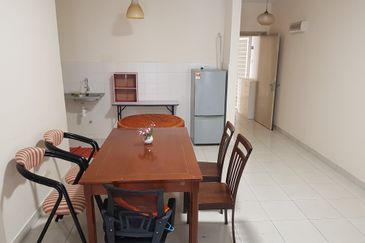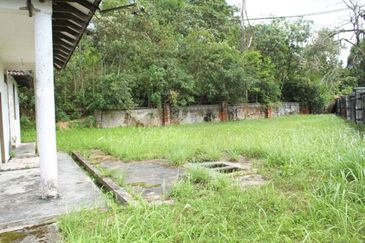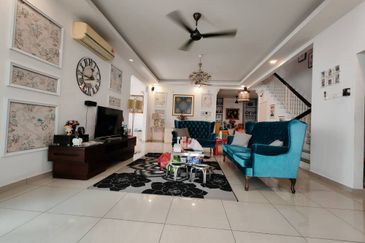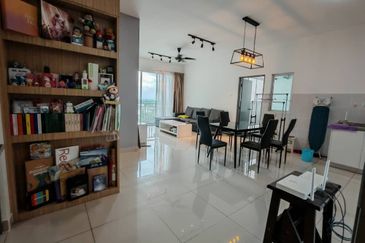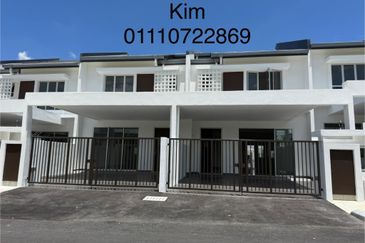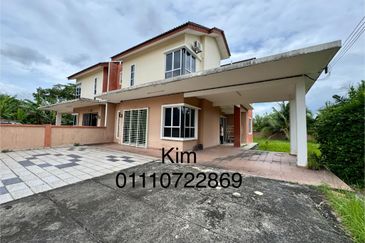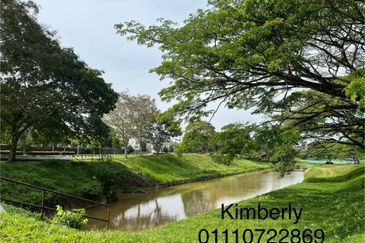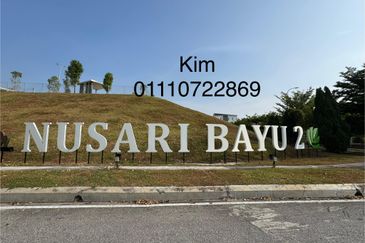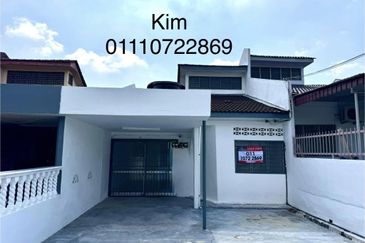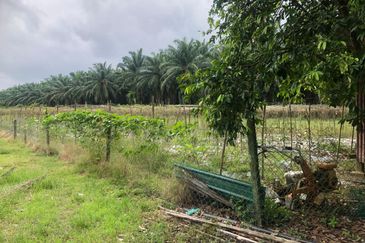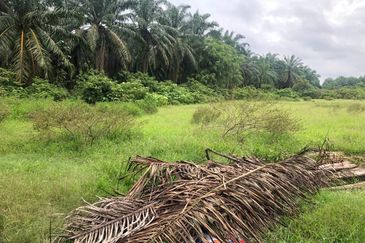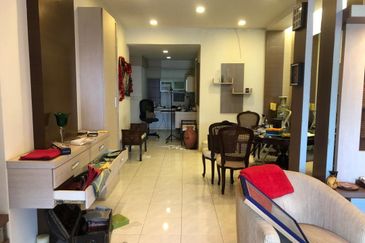
THE Michigan Urban Farming Initiative (MUFI) is developing America’s first sustainable urban “agrihood” in Detroit’s lower North End, with agriculture as the foundation of a mixed-use development.
MUFI’s urban agrihood spans about three acres in a neighbourhood surrounded by a mix of vacant land and occupied and abandoned homes. It features a two-acre urban garden, a 200-tree orchard, a children’s sensory garden and more.
The centrepiece is the urban garden with more than 300 varieties of vegetables. It is easily accessible and, since its first growing season in 2012, has provided more than 22,680kg of free food to 2,000 households, food pantries, churches and businesses in a two-sq-mile (1,280-acre) radius of the farm.
“Over the last four years, we have grown from an urban garden that provides fresh produce to our residents to a diverse, agricultural campus that has helped sustain the neighbourhood, attracted new residents and area investment,” says MUFI president and co-founder Tyson Gersh in a statement.
Since 2011, MUFI has attracted more than US$2 million in individual and organisational real estate investment near the farm.
“Anyone with a preference for Detroit’s North End community is welcome here. This includes millennials and young families. One of the larger goals is to help increase the ratio of owner-occupied versus renter-occupied homes towards raising the number of owner-occupiers,” says the organisation.

About MUFI
The Michigan Urban Farming Initiative (MUFI) is a non-profit organisation operated fully by volunteers. It has attracted more than 8,000 volunteers who have contributed more than 80,000 volunteer hours.
The organisation has spurred area investments and volunteer service hours equating to about US$4 million since 2012.
According to a leadership network for non-profits, foundations and corporations, Independent Sector, a volunteer hour is valued at US$23.54 in Michigan.
The volunteers spend their time planting, harvesting, removing debris, cleaning out and rebuilding ruined structures around the farm.
MUFI’s mission is to use urban agriculture as a platform to promote education, sustainability and community in an effort to uplift and empower urban communities and solve many of the social problems Detroit faces.
There is potential to develop a broader model for redevelopment of other urban communities.
“If our sustainable urban agrihood model is implemented successfully, and we are able to show proof of concept, the MUFI agrihood could serve as a model for a new way to develop urban communities across the US and perhaps around the world too,” says the organisation.
MUFI’s focus is the redevelopment and growth of two square blocks in Detroit’s North End using alternative and cost-efficient models. It has improved the area by cleaning up and removing debris left in and around abandoned houses and buildings near the farm.
Since 2012, MUFI has received several awards and has been recognised by organisations and community and government leaders.




This article first appeared in City & Country, a pullout of The Edge Malaysia Weekly, on Jan 23, 2017. Subscribe here for your personal copy.
TOP PICKS BY EDGEPROP
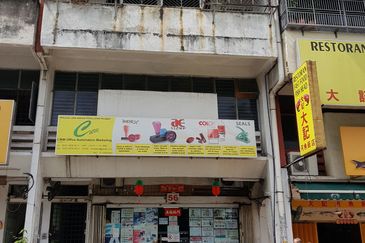
Sri Petaling KL First Floor Shop For Rent
Bandar Baru Sri Petaling, Kuala Lumpur
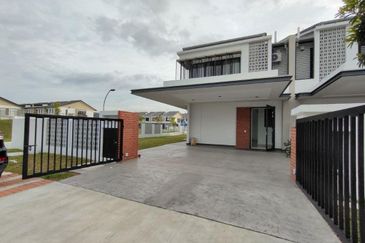
Section 19 (Seksyen 19) @ Shah Alam
Shah Alam, Selangor
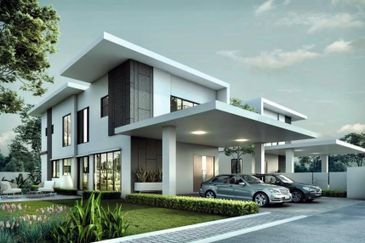
Bandar Mahkota Banting (Brooklands)
Banting, Selangor
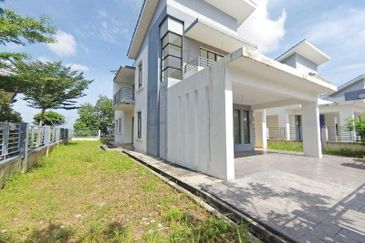
Bandar Mahkota Banting (Brooklands)
Banting, Selangor
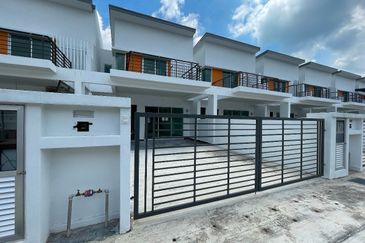
Bandar Springhill
Port Dickson, Negeri Sembilan
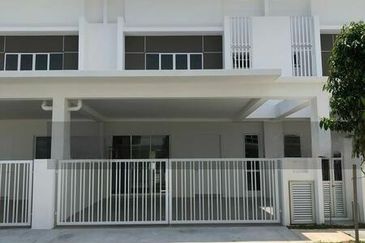
Ara Sendayan @ Bandar Seri Sendayan
Seremban, Negeri Sembilan
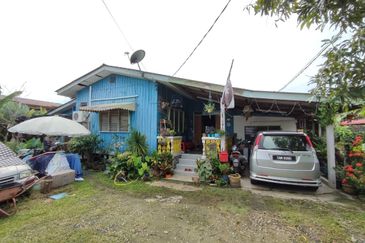
Kuala Terengganu Golf Resort
Kuala Terengganu, Terengganu



